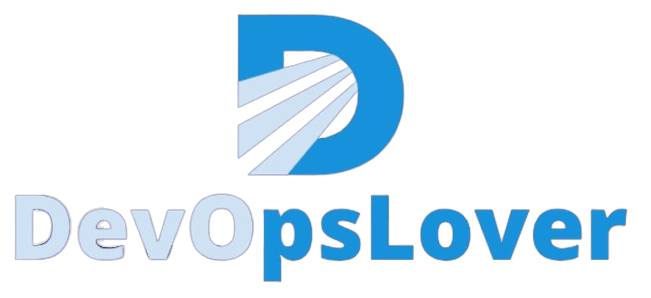What is JFrog ? JFrog Explained in detail.

JFrog Artifactory is a universal DevOps solution that provides end-to-end automation and management of binaries and artifacts through the application delivery process that improves productivity across your development ecosystem. It enables freedom of choice supporting 20+ software build packages, all major CI/CD platforms, and DevOps tools you already use. Artifactory is K8s ready supporting containers, Docker,and k8s Helm charts.
Read Also-Kubectl Command Cheatsheet
Features and Functionality:
1)Hybrid and Multi-Cloud Environments
You can host Artifactory on your own infrastructure, in the cloud, or use a SaaS solutions that offers most flexibility and choice.
2)Universal Binary Repository Manager
Artifactory is a universal package supporting all major package formats including Alpine, Maven, Gradle, Docker, Cargo, Conda, Conan, Debian, Go, Helm, Vagrant, YUM, P2, Ivy, NuGet, PHP, NPM, RubyGems, PyPI, Provides solutions.
3)Extensive Metadata
Artifactory provides full metadata for all major package formats for both artifacts and folders.These include metadata that originates with the package itself, custom metadata added by users such as searchable properties and metadata .
4)Artifactory as Your Kubernetes Registry
It acts as a universal repository manager for all your CI/CD needs, no matter where they run in your organization. Once you have verified your app package, you can proceed to promote and build, test, promote, and finally deploy to Kubernetes.
5)Massively Scalable
Supports a variety of enterprise-scale storage capabilities including S3 Object Storage, Google Cloud Storage, Azure Blob Storage and Filestore Sharding providing unlimited scalability, disaster recovery, and unmatched stability and reliability. Accommodates large load bursts without compromising performance. Increase capacity to any degree with horizontal server scalability for server creation and interactions, serving any number of concurrent users.
6)Replication
Artifactory’s unique set of replication capabilities ensure locality in any network topology and for any development methodology.Taking into account your specific distributed pipelines and requirements for setting up collaboration, you will have several options to choose from.These include both push and pull replication topologies, remote repositories, and different scheduling strategies such as on-demand, on-schedule or event-based replication. For more information, see Replicator.
7)High Availability
Complete active/active HA solution with live failover and non- disruptive production upgrades. For more information, see High Availability.
Hope you like this blog….
- AI Tools for Developers: Top AI Tools Every Developer Should Know in 2026 - February 12, 2026
- What is AI? 7 Powerful and Easy Facts – Complete Beginner Guide - February 12, 2026
- How to Set Up an Okta Account – Easy & Secure Step-by-Step Guide for 2026 - January 9, 2026

